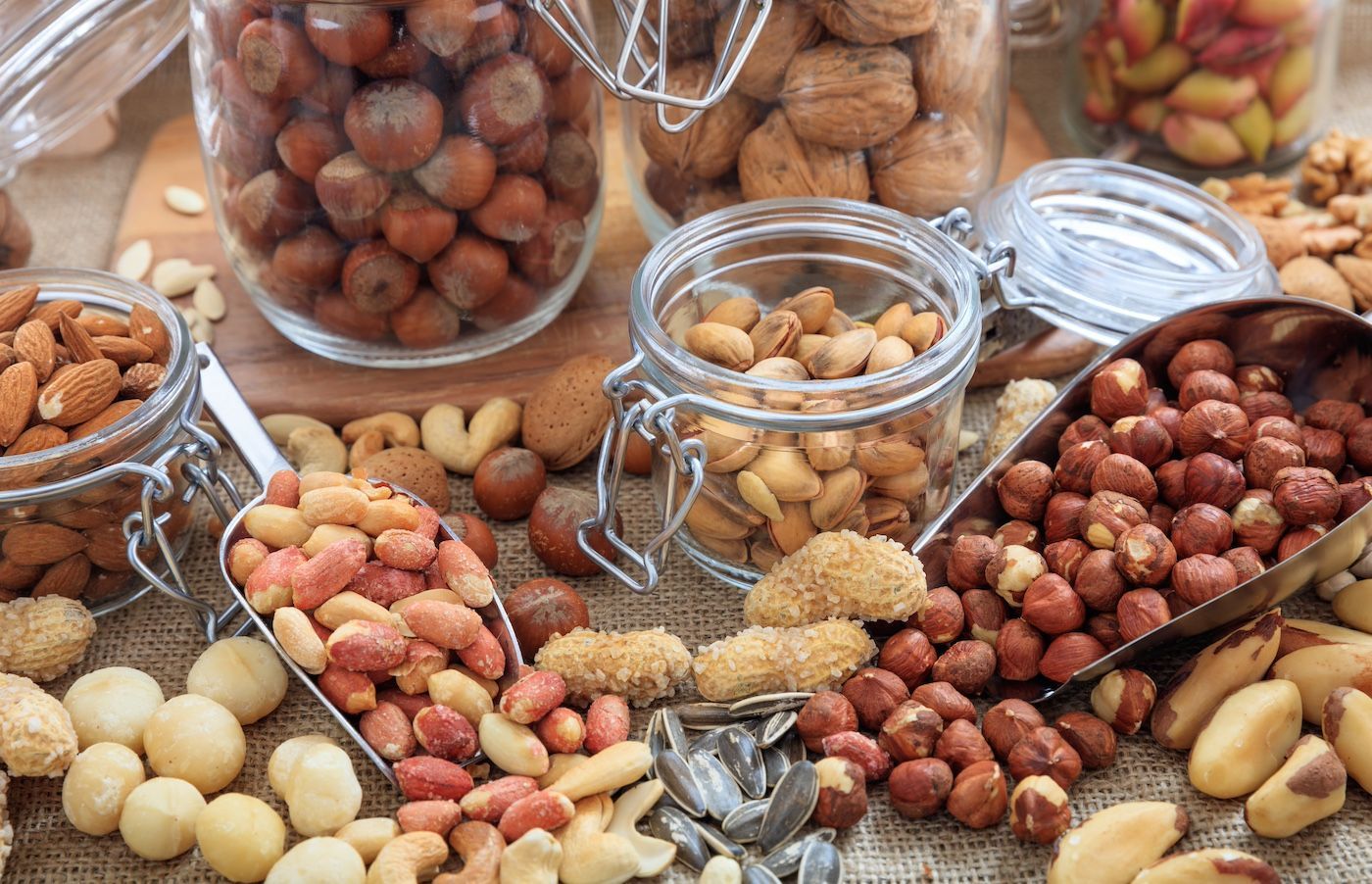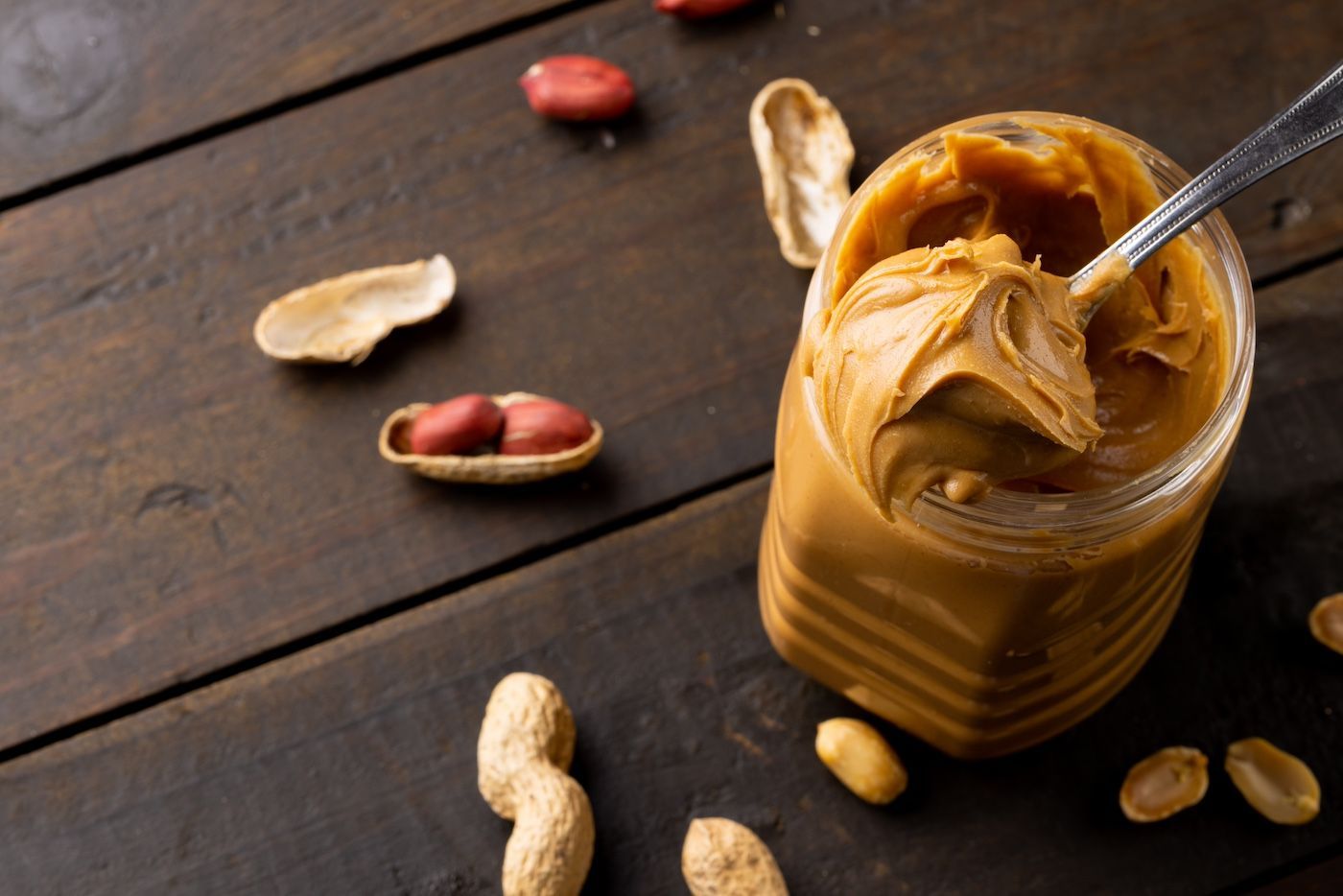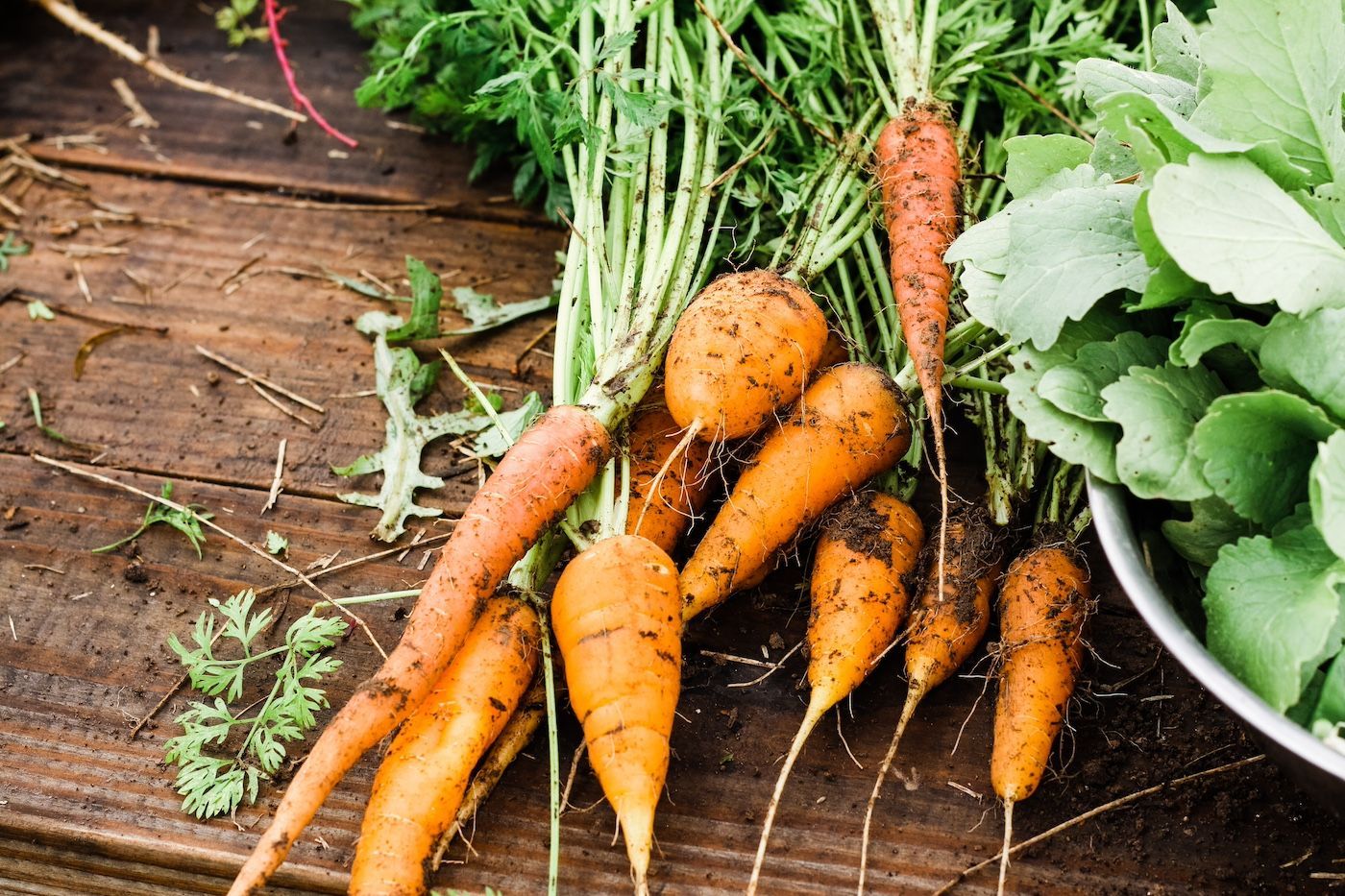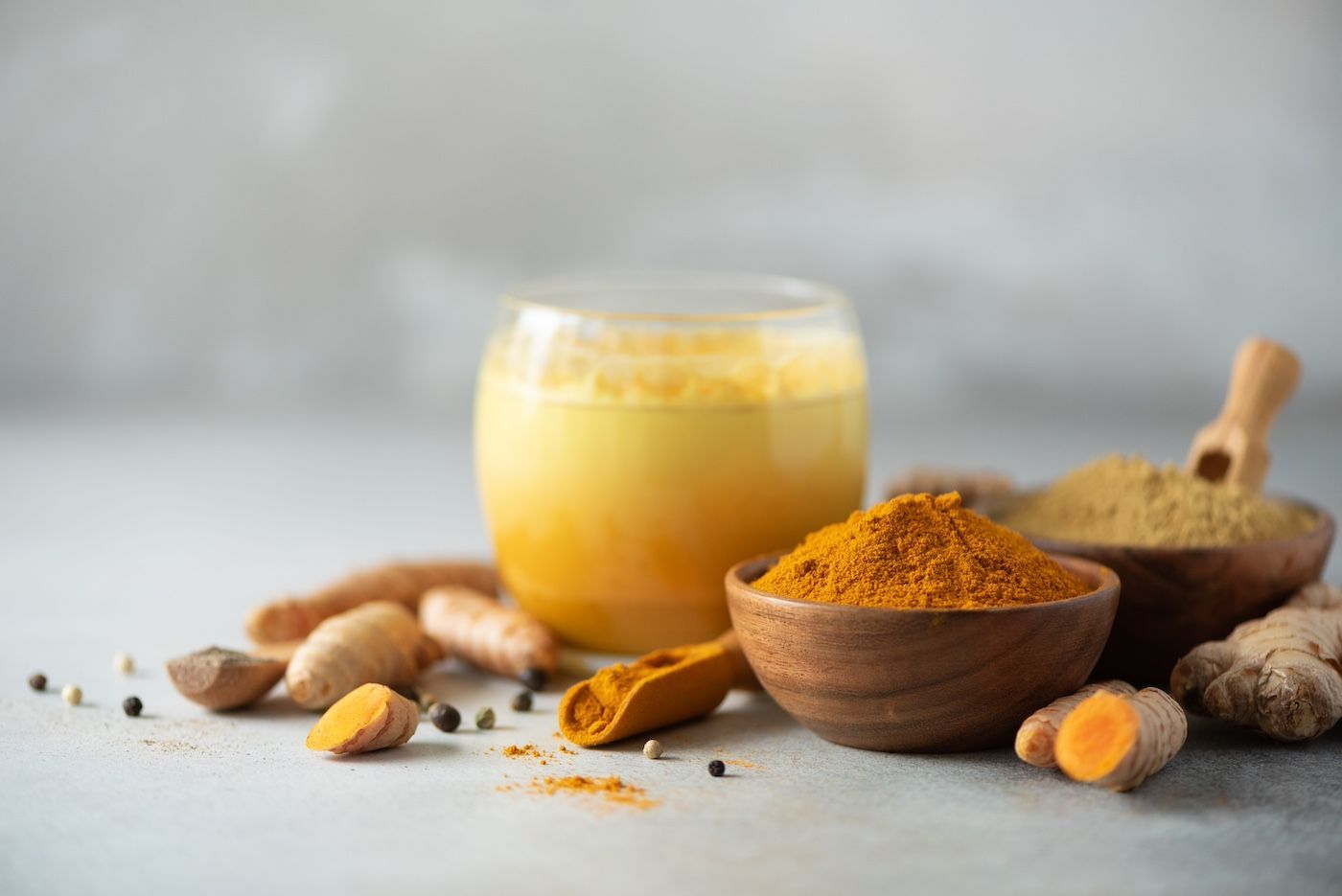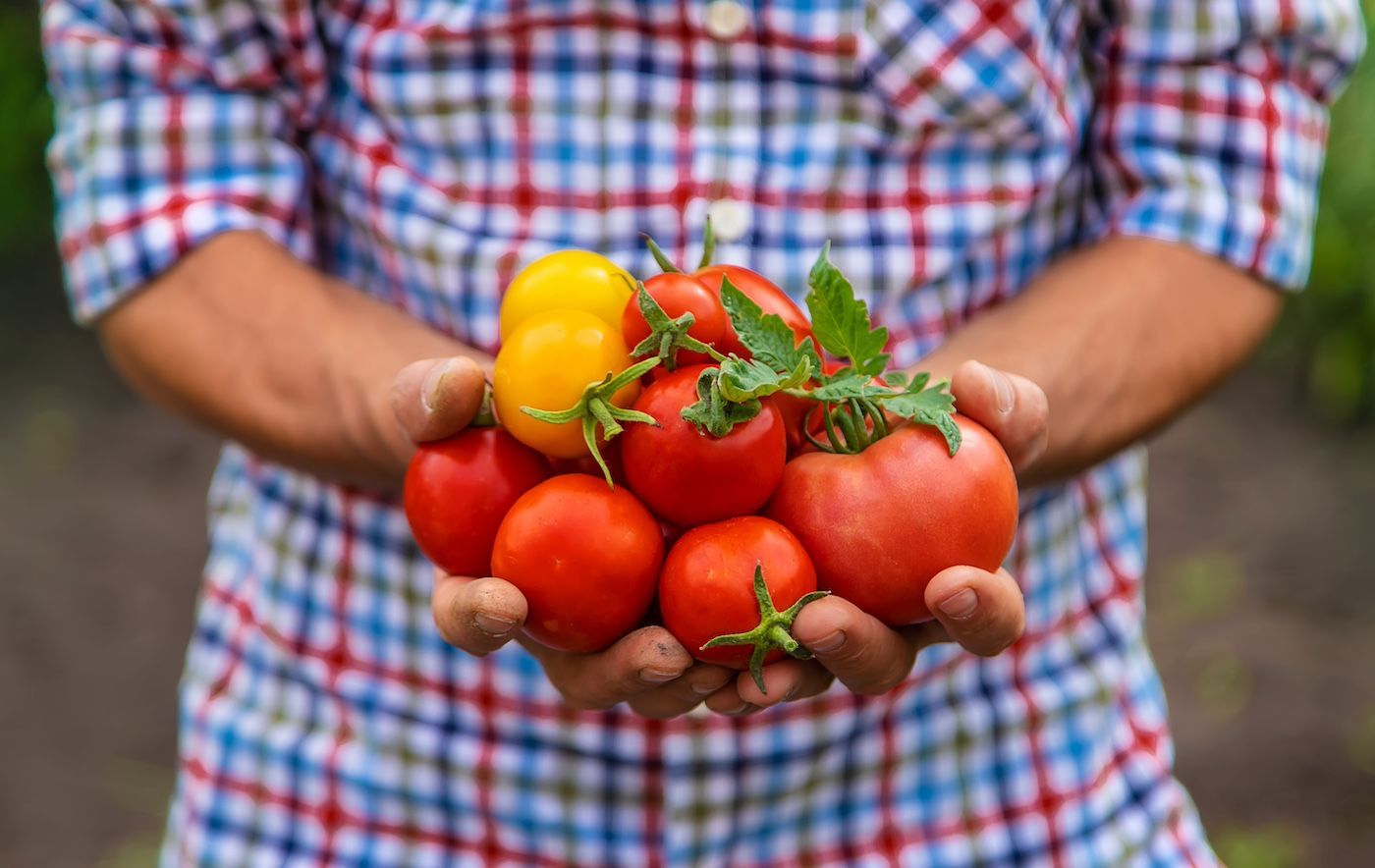Chews Your Health
Vitamin K

What is Vitamin K?
Fat soluble vitamin
Three types:
K1- from plants, like green leafy vegetables
K2- made from K1 and K3 in the body, or from bacteria living in the gut.
K3- a very small amount of vitamin K found in food.
What does Vitamin K do?
Aids in blood clotting
K1 and K2 (in unison with vitamin D, calcium, and magnesium) are essential in bone health, growth, and maintenance
Protect veins, arteries, and cells that line blood vessels
Can improve insulin resistance in some individuals
Food Sources
K1: dark green leafy vegetables (kale, spinach, broccoli) and herbs (parsley, basil, black pepper)
K2: meat, eggs, dairy, fish, and fermented foods (sauerkraut, kombucha)
Deficiencies
Those who are deficient in vitamin K will have issues with the body’s natural ability to stop bleeding.
Vitamin K deficiencies can lead to bone fractures.
Certain medications can block production of blood clotting proteins.
Take Note
Due to vitamin K’s ability to assist in blood coagulation, those who are taking medications such as Xeralto, Warfarin (Coumadin) consult your physician.

